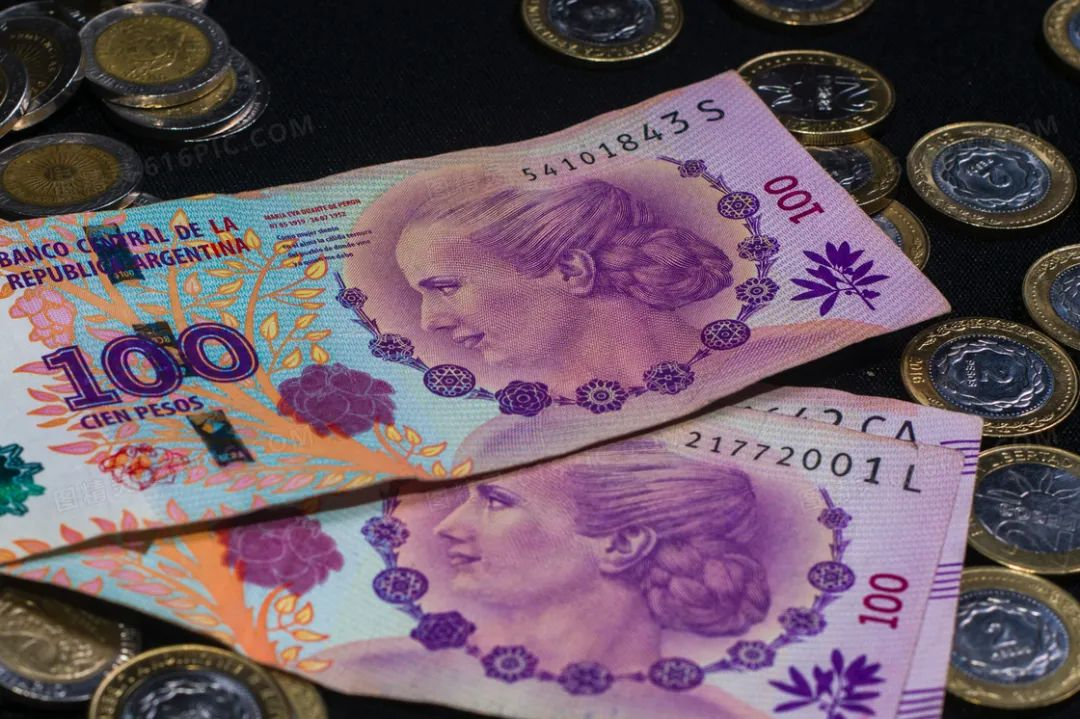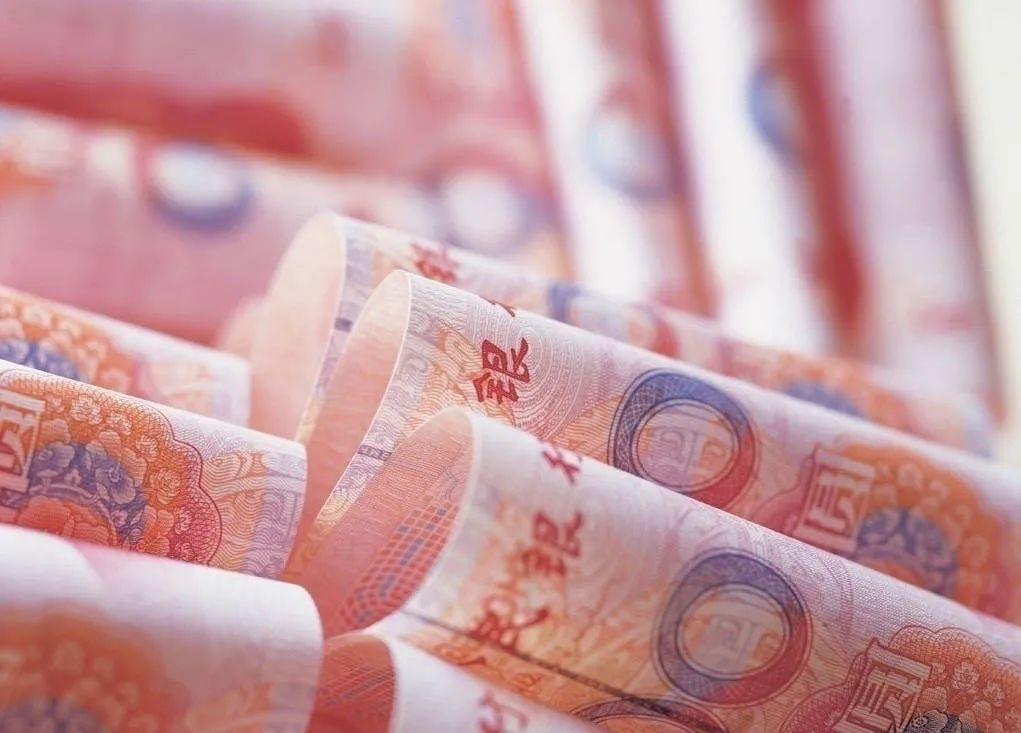July 19th, 2023
On June 30th, local time, Argentina made a historic repayment of $2.7 billion (approximately 19.6 billion yuan) in external debt to the International Monetary Fund (IMF) using a combination of IMF’s Special Drawing Rights (SDRs) and RMB settlement. This marked the first time Argentina used the RMB to repay its foreign debt. The IMF spokesperson, Czak, announced that out of the $2.7 billion due debt, $1.7 billion was paid using IMF’s Special Drawing Rights, while the remaining $1 billion was settled in RMB.
Simultaneously, the usage of the RMB in Argentina has reached record levels. On June 24th, Bloomberg reported that data from Mercado Abierto Electrónico, one of Argentina’s largest exchanges, indicated that RMB transactions in the Argentine foreign exchange market reached a record high of 28% for a single day, compared to the previous peak of 5% in May. Bloomberg described the situation as “everyone in Argentina has the RMB.”
Recently, Matthias Tombolini, the Undersecretary of Trade of the Argentine Ministry of Economy, announced that in April and May of this year, Argentina settled imports worth $2.721 billion (approximately 19.733 billion yuan) in RMB accounting for 19% of the total imports in those two months.
Argentina is currently grappling with soaring inflation and a sharp devaluation of its currency.
More and more Argentine companies are using the Renminbi for trade settlements, a trend closely tied to Argentina’s severe financial predicament. Since August of last year, Argentina has been caught in a “storm” of skyrocketing prices, sharp currency devaluation, intensified social unrest, and internal political crises. With inflation continuing to rise and the US Federal Reserve raising interest rates, the Argentine peso faces immense devaluation pressure. The Argentine Central Bank had to sell US dollars daily to prevent further depreciation. Unfortunately, the situation hasn’t improved significantly over the past year.
According to Reuters, the severe drought that hit Argentina this year has severely impacted the country’s economic crops like corn and soybeans, leading to a significant decline in foreign exchange reserves and a skyrocketing inflation rate of 109%. These factors have posed threats to Argentina’s trade payments and debt repayment capability. Over the past 12 months, the Argentine currency has depreciated by half, marking the worst performance among emerging markets. The US dollar reserves of the Argentine Central Bank are at their lowest level since 2016, and excluding currency swaps, gold, and multilateral financing, the actual liquid US dollar reserves are practically negative.
Expanding financial cooperation between China and Argentina has been notable this year. In April, Argentina started using the RMB for payments on imports from China. In early June, Argentina and China renewed a currency swap agreement worth 130 billion yuan, increasing the available quota from 35 billion yuan to 70 billion yuan. Furthermore, the Argentine National Securities Commission approved the issuance of RMB-denominated securities in the local market. These series of measures signify that China-Argentina financial cooperation is gaining momentum.
Expanding financial cooperation between China and Argentina is a reflection of a healthy bilateral economic and trade relationship. Currently, China is one of Argentina’s most important trading partners, with bilateral trade reaching $21.37 billion in 2022, surpassing the $20 billion mark for the first time. By settling more transactions in their respective currencies, Chinese and Argentine companies can reduce exchange costs and mitigate exchange rate risks, thereby enhancing bilateral trade. Cooperation is always mutually beneficial, and this applies to China-Argentina financial cooperation as well. For Argentina, expanding the use of the RMB helps address its most pressing domestic issues.
In recent years, Argentina has been facing a shortage of US dollars. By the end of 2022, Argentina’s external debt reached $276.7 billion, while its foreign exchange reserves amounted to only $44.6 billion. The recent drought has had a significant impact on Argentina’s agricultural export earnings, further exacerbating the problem of dollar scarcity. Increasing the use of the Chinese yuan could help Argentina save a significant amount of US dollars and alleviate the pressure on foreign exchange reserves, thus maintaining economic vitality.
For China, engaging in currency swaps with Argentina also brings benefits. According to statistics, in April and May of this year, the value of imports settled in Chinese yuan accounted for 19% of the total imports during those two months. In the context of Argentina’s shortage of US dollars, using Chinese yuan for import settlements can ensure China’s exports to Argentina. Additionally, using Chinese yuan for debt repayment can help Argentina avoid defaulting on its debts, maintain macroeconomic stability, and enhance market confidence. A stable economic situation in Argentina is undoubtedly an essential condition for the bilateral economic and trade cooperation between China and Argentina.
END
Post time: Jul-21-2023









